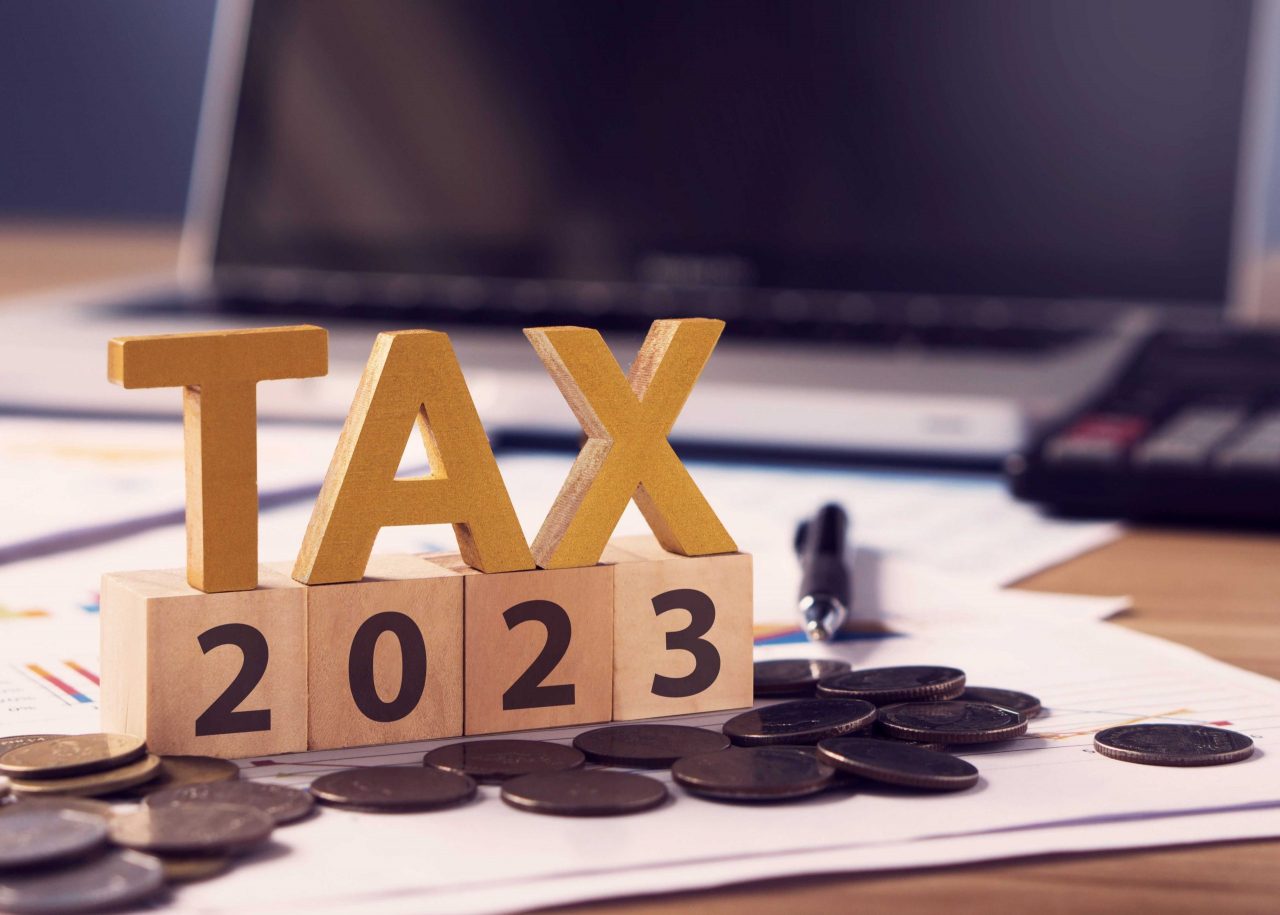By the time the end of summer approaches, the tax return filing deadline for all Canadian individual taxpayers has passed, and nearly all tax filers will have filed the required return for the 2024 tax year and received a Notice of Assessment from the Canada Revenue Agency (CRA) with respect to that return. It can, therefore, be extremely unsettling for taxpayers to receive unexpected correspondence from the CRA at this time of year, especially where the Agency is requesting additional information about claims made on the tax return for 2024, despite that return already having been filed and processed. When that happens, the recipients of such correspondence often assume the worst – that they are being or are about to be audited, and that the prospect of a large tax bill, along with penalties and interest charges (or worse), looms.
Tax return Archives - Akler Browning LLP
It’s likely that very few Canadians view completing and filing the annual tax return as anything other than an unpleasant chore to be endured, with a sigh of relief once it’s finally done. The goal, for both the taxpayer and the Canada Revenue Agency (CRA), is for the return to then be “assessed as filed”, meaning that the CRA agrees with the income information provided, the deductions and credits claimed, and the final overall tax result obtained by the taxpayer. And, while the best-case scenario is for the taxpayer to have filed a return that is correct and complete and filed on time, that’s a result which can be derailed in any number of ways.
Notwithstanding the considerable complexity of the Canadian income tax system, there is one rule which applies to every individual taxpayer living in Canada, regardless of location, income, age, or circumstances. That rule is that income tax owed for a year must be paid, in full, on or before April 30 of the following year. This year, that means that individual income taxes owed for 2024 must be remitted to the Canada Revenue Agency (CRA) on or before Wednesday April 30, 2025. No exceptions and, absent extraordinary circumstances, no extensions.
While the tax return form that Canadians prepare and file each spring might look identical to the form that was used the previous year, the reality is that our tax system is constantly changing, and that change is reflected in amendments made to each year’s tax return form, which in turn affect the tax situation of every Canadian taxpayer.
Each spring, Canadian individual taxpayers must turn their attention to the filing of an individual income tax return for the tax year which ended on the previous December 31. And, while it’s doubtful that many of them do so with any degree of enthusiasm, the rate of compliance with the requirement to file a tax return in Canada is in fact very high. Last year, more than 33 million individual income tax returns (for the 2023 tax year) were filed with the Canada Revenue Agency.
The Canadian tax system casts a very wide net, in which each resident of Canada is taxable on all sources of income worldwide, with very few exceptions. In addition, Canada has what is known as a “self-assessing” system, in which Canadian residents voluntarily file an annual tax return on which they report all income earned during the previous year, claim any available deductions and credits, and pay any resulting amount of tax owing.
Many (if not most) taxpayers think of tax planning as a year-end exercise, one to be carried out in the last few weeks of the year, in order to take the steps needed to minimize the tax bill for that year.
For the majority of Canadians, the due date for filing of an individual tax return for the 2023 tax year was Tuesday April 30, 2024. (Self-employed Canadians and their spouses have until Monday June 17, 2024 to get that return filed.)
Most taxpayers sit down to do their annual tax return, or wait to hear from their tax return preparer, with some degree of trepidation. In most cases taxpayers don’t know, until their return is completed, what the “bottom line” will be, and it’s usually a case of hoping for the best and fearing the worst.
While our tax laws require Canadian residents to complete and file a T1 tax return form each spring, that return form is never exactly the same from year to year. Some of the changes found in each year’s T1 are the result of the indexing of many aspects of our tax system, as income brackets and tax credit amounts are increased to reflect the rate of inflation during the previous year.




